
Ministerial Pledging Conference on Somali Refugees
In line with the EU's Agenda for Change, whereby EU aid is targeted at the countries in greatest need, EU engagement in Somalia has been intensified over the years. The engagement is through a comprehensive approach based on active diplomacy and support to the political process, security support, development assistance and humanitarian aid.
The EU's long engagement in Somalia is rooted in the desire to build a state, improve stability and reduce poverty among the people of Somalia and promote self-sustaining economic growth by addressing the challenges that have increased its fragility. In this context, the Federal Government of Somalia and European Union (EU) co-hosted an international conference, ‘The New Deal for Somalia’ in
Brussels, Belgium on 16 September 2013. The conference endorsed the New Deal Compact for Somalia, laying down the top priorities for the coming three years (2014 - 2016) and generated new support for reconstruction.
I. EU Development Cooperation under the 10th European Development Fund (2008-2013)
EU Development Cooperation under the 10th European Development Fund (EDF) amounted to €425 million. The main areas of support were state-building, education, economic development and food security.
1) Governance and state-building (€128m): The purpose of the EU's work in this area was to deepen peace, improve security, and establish good governance, including through supporting the effective participation of Non-State Actors. The EU support through this period contributed to the following achievements, amongst others:
Agreement on a provisional constitution in 2012, enabling the selection of the current Federal Government of Somalia
-
An improved democratisation process in Somaliland, including independent monitoring-
Planning for improved public financial management and public sector reform initiatives-
Expansion of access to justice across Somaliland and Puntland and accessible areas of South Central Somalia through support to police, courts, and legal assistance programmes
-
2) Education (€85million): The purpose of the EU intervention in this area was to support the delivery of relevant, sustainable and increasingly accessible education services which lead to improvements in literacy and increased employment levels. All over Somalia, and including Somaliland, the enrolment rate in schools increased from 35% in 2007 to 45% in 2012.
3) Economic Development and Food Security (€155 million): The purpose of the EU intervention was to reduce food insecurity by supporting disaster affected populations, reduce poverty and promote sustainable private sector-led economic development. Actions were complemented with funds from the thematic budget lines for Food Security.
II. EU Development cooperation under the 11th European Development Fund (2014-2020)
EU Development Cooperation under the 11th European Development Fund (EDF) amounts to €286 million. The focal sectors are state building and peace building (€100 million), food security and building resilience (€86 million) and education (€60 million). The three sectors are in line with priorities defined in the Somali Compact, which was endorsed at the EU-Somalia Conference in Brussels on 16 September 2013.
1) State building and peace building (€100 million): The EU aims to develop actions to ensure greater access to justice, build the capacity and professionalism of civilian policing, establish and strengthen effective and accountable institutional structures, strengthen democratic legitimacy of formal institutions, support electoral cycles and Parliaments, as well as build the capacity of independent media.
2) Food security and building resilience (€86 million): The key objective is to strengthen resilience against predictable shocks. The EU will develop actions to support institutions in preparing and implementing resilience and natural resources management strategies, as well as in developing policy, legal and strategic framework for private sector-led growth and employment.
3) Education (€60 million): The EU is the largest donor in education in Somalia. The key objective is to improve access to quality education and training, as well as to strengthen the education systems. Activities include expanding access to education and technical and vocational training for marginalised groups, capacity development, training of teachers and curricula review.
III. Emergency Trust Fund for stability and addressing root causes of irregular migration and displaced persons in Africa
The European Union recently announced an EU Emergency Trust Fund for Africa with an initial budget of €1.8 billion (expected to be increased by additional contributions from EU Member States and other donors), in addition to the already allocated €4.3 billion to the region.
This Trust Fund has been designed as a fast mechanism to address root causes of irregular migration and displaced persons in Africa whilst increasing stability. Three regions have been identified as beneficiaries: (1) the Sahel region and Lake Chad area (including Burkina Faso, Cameroon, Chad, the Gambia, Mali, Mauritania, Niger, Nigeria and Senegal), (2) the Horn of Africa (including Djibouti, Eritrea, Ethiopia, Kenya, Somalia, South Sudan, Sudan, Tanzania and Uganda), (3) the North of Africa (including Morocco, Algeria, Tunisia, Libya and Egypt).
The aim of the Trust Fund is to help foster stability in the regions and to contribute to better migration management. The EU wants to help the region at large to face the growing challenges of demographic pressure, environmental stress, extreme poverty, internal tensions, institutional weaknesses, weak social and economic infrastructures, and insufficient resilience to food crises, which have in some places led to open conflict, displacement, criminality, radicalisation and violent extremism, as well as irregular migration and trafficking in human beings.
The EU Emergency Trust Fund also aims to tackle root causes of irregular migration and forced displacement in countries of origin and transit, in particular by strengthening the rule of law, creating economic and education opportunities, enhancing legal mobility and building better governance, including on border management, the fight against human trafficking and smuggling, and the effective sustainable return, readmission and reintegration of irregular migrants not qualifying for protection. This requires a firm commitment to supporting capacity building of third countries in the field of migration and border management, as well as to the stabilisation and development of these regions of Africa.
MEMO/15/5879
The EU Emergency Trust Fund would finance actions such as the establishment of economic programmes that create employment opportunities, especially for young people and women, with a focus on vocational training and the creation of micro and small enterprises. Another area of support could be projects supporting basic services for local populations such as food and nutrition security, health, education and social protection, as well as environmental sustainability.
Humanitarian Aid for Somali refugees in the Horn of Africa
Besides long-term development cooperation support, the EU also gives lifesaving humanitarian aid for the most urgent needs of the population.
As a direct consequence of two decades of instability, about 1 million refugees from Somalia have fled the consequences of recurrent droughts, armed violence, insecurity and lack of livelihood opportunities to find refuge in neighbouring countries, in particular Djibouti, Kenya, Ethiopia and Yemen. In addition, about 1.1 million people are internally displaced in Somalia.
The European Commission, through its Humanitarian Aid and Civil Protection department (ECHO), gives assistance to refugees solely based on needs, in order to: (1) provide basic life-saving services in the protection, shelter, health, nutrition, food and water sectors; (2) enhance self-reliance whenever possible; (3) support emergency preparedness measures to cope with potential influx of new arrivals.
In 2015, so far the European Commission has mobilised around €40 million in humanitarian aid to support refugees in the Horn of Africa (not including Yemen); the support targets Somali refugees but also those from South Sudan, Eritrea, Congo, Yemen and Sudan. Priority is given to life-saving assistance for newly arriving refugees. In addition, €21 million of humanitarian assistance has been provided in Somalia itself, as support to Internally Displaced Persons (IDPs) in the country.
Other EU interventions
In addition to development programmes and humanitarian aid, the EU has also launched three missions under the EU Common Security and Defence Policy (CSDP), to contribute to security challenges: (1) the Military Training Mission (EUTM) to support the Somali security forces, (2) the EU Naval Force (EU NAVFOR) operation "Atalanta” to fight piracy at sea, (3) the EUCAP NESTOR to develop regional maritime capacity of states in the Horn.
EU also provides substantial financial support to the African Union Mission to Somalia (AMISOM), close to €800m committed to date (since 2007). AMISOM remains a key force in providing the security space needed for development to take root and for the political process to continue until the Somali National Security Forces can fully take over this role.
For more information
The European Union announces new support for Somali refugees:
http://europa.eu/rapid/press-release_IP-15-5878_en.htm
Press contacts:
Alexandre POLACK (+32 2 299 06 77![]() +32 2 299 06 77)
+32 2 299 06 77)
Sharon ZARB (+ 32 2 29 92256![]() + 32 2 29 92256)
+ 32 2 29 92256)
Catherine RAY (+32 2 296 99 21![]() +32 2 296 99 21)
+32 2 296 99 21)
Daniel PUGLISI (+32 2 296 91 40![]() +32 2 296 91 40)
+32 2 296 91 40)
General public inquiries: Europe Direct by phone 00 800 67 89 10 11 or by email



 0
0 
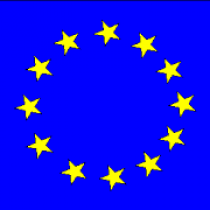


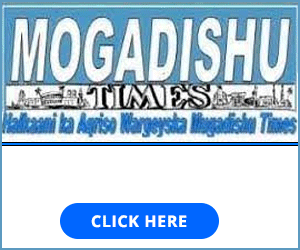
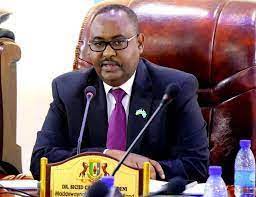
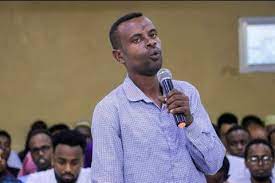
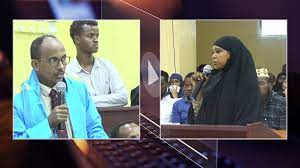

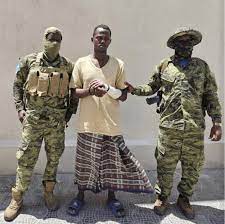
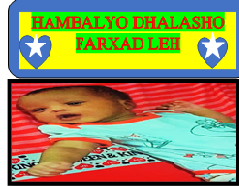

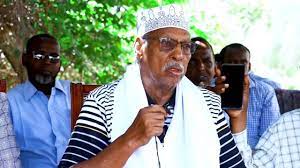
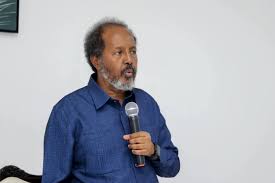
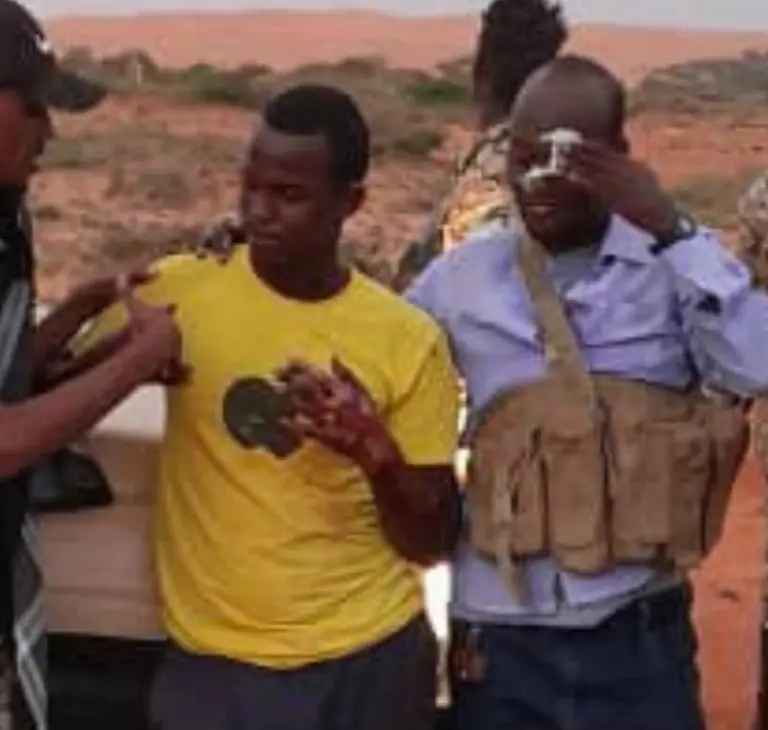
Ministerial Pledging Conference on Somali Refugees
Brussels, 21 October 2015 European Commission - Fact Sheet Somalia remains one of the countries with the largest and most protracted displaced communities worldwide with 1.1 million internally displaced and almost 1 million refugees in the Horn